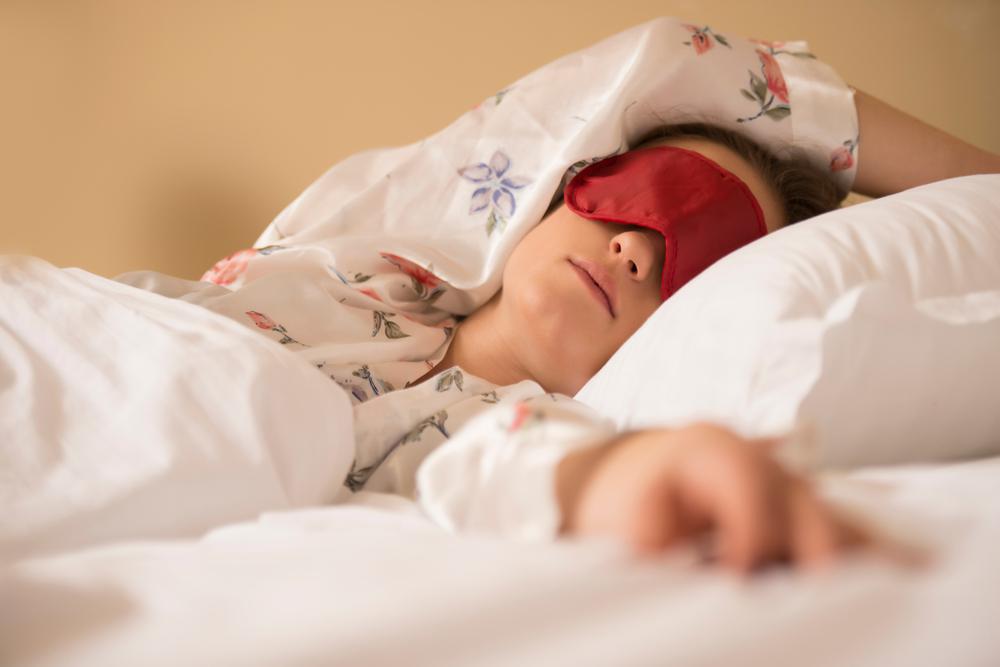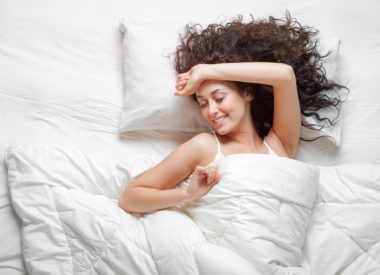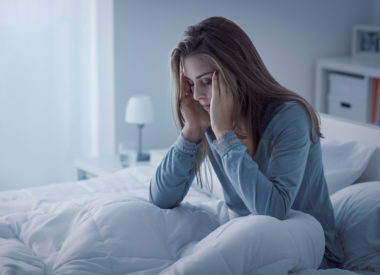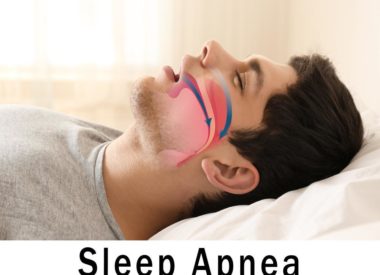How much sleep do I need?
However, a third practice getting enough sleep cannot be ignored if these other goals are to be met with success. Even with healthy eating and exercise, we still cannot thrive without adequate sleep.
In 2015, the National Sleep Foundation (NSF) made revisions to its guidelines listing recommended hours of sleep by age. Where do you and your family fall on the chart?
Why must we get adequate sleep?
Sleeping is critical to optimal health. Not getting enough can, over time, interfere with daily activities, job performance, and relationships. What’s more, insufficient sleep is well known for its associations to chronic health problems, such as diabetes, heart disease, depression, and obesity. Our risks for being in motor vehicle collisions or workplace accidents also increase if we allow sleep deprivation to remain unchecked.
Getting enough sleep means allows the brain the opportunity to enter the various stages of sleep from non-REM and deep sleep stages, which release growth hormone for healing and repair; to REM sleep cycles, which are thought to consolidate memory to give us the day-to-day reset and recharge we need.
Unfortunately, statistics from nearly every national health agency support the finding that sleep debt and sleep deprivation are quickly becoming more the rule than the exception for Americans.
However, most of us don’t need a large body of research to tell us that not getting enough sleep leads to feeling less alert, energized, upbeat, and equipped to manage our days.
It’s never been more important for us to check in with our habits, make corrections in our sleep hygiene, or seek out medical advice about lingering problems we may suffer with nightly sleep. This way we can ensure ourselves maximum opportunity for getting the amount we need to stay healthy.
So… How much sleep do we need?
The answer to that question depends entirely on your age. Sleep requirements by age take into consideration normal development at these stages in the life span:
How much sleep do babies need?
-
NEWBORNS(ages 0 to 3 months):14 to 17 hours each day
-
INFANTS(ages 4 to 11 months):12 to 15 hours
How much sleep do kids need?
-
TODDLERS(ages 1 to 2 years):11 to 14 hours
-
PRESCHOOLERS(ages 3 to 5):10 to 13 hours
-
SCHOOL AGE CHILDREN(ages 6 to 13):9 to 11 hours
How much sleep do teens need?
-
TEENAGERS(ages 14 to 17): 8 to 10 hours
How much sleep do adults need?
-
YOUNGER ADULTS(ages 18 to 25):7 to 9 hours
-
ADULTS(ages 26 to 64): 7 to 9 hours
-
OLDER ADULTS(ages 65 and older):7 to 8 hours
Check out the chart to compare against how many hours of sleep you actually get. How much sleep do you need? Do your nightly hours measure up? If not, how might you be able to build in more time to sleep?
If you’re unsure about how much sleep you’re actually getting, you may want to consider keeping a sleep diary for a couple of weeks to discover your sleep patterns and determine where you fit on the average.
If you know you routinely get far less or far more than the recommended amounts, please consider consulting with a board-certified physician to find out why.
Sources:
National Heart, Lung, and Blood Institute
National Sleep Foundation



